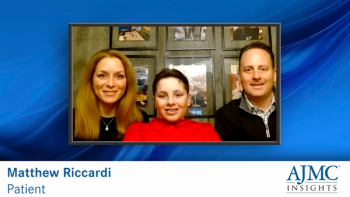
Matthew and his parents reflect on challenges they experienced with finding information and positive social support online during the COVID-19 pandemic.

Matthew and his parents reflect on challenges they experienced with finding information and positive social support online during the COVID-19 pandemic.

Jamie and Tony share their experiences with supporting a young patient with alopecia and emphasize the importance of emotional support for the whole family.

A patient and his family discuss the emotional, social, and financial burdens associated with treating adolescent-onset alopecia.

Matthew and his parents share insights into the challenges they experienced while trying therapies to treat his alopecia.

15-year-old Matthew and his parents discuss the initial signs of alopecia that they noticed in their son and reflect on the effect his diagnosis has had on the family.
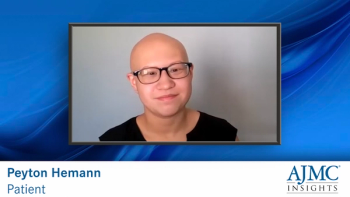
Peyton shares advice for young people with newly diagnosed alopecia areata and urges patients to embrace humor when they can.

Peyton reflects on the changes alopecia areata brought to her morning routine and how she enjoys the diversity it brings her.

14-year-old Peyton, a patient with alopecia areata, comments on the difficulties she’s encountered and how her diagnosis actually improved aspects of her life.

Peyton recalls being diagnosed with alopecia areata at age 8 and her decision to embrace her hair loss instead of pursuing more than 1 therapy.
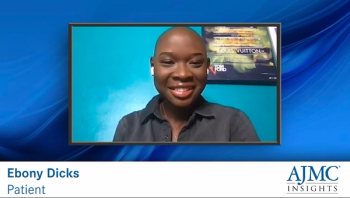
Ebony explains the importance of a supportive network when living with alopecia areata and shares some advice for the newly diagnosed

Ebony reflects on how living with alopecia areata has affected her personal relationships and how she learned to navigate them.

Ebony describes the lifestyle modifications she made after her alopecia areata diagnosis, including her daily makeup routine.

Ebony explains challenges that significantly affect her day-to-day life such as social discrimination.

Ebony discusses the different treatments she has tried for alopecia areata and the providers that she consulted.

Ebony, a patient with alopecia areata, recalls how she received her diagnosis and how it affects her career.


The FDA based its approval on OlympiA trial data, which show the PARP inhibitor has the ability to reduce risks of invasive breast cancer recurrence, second cancers, and death, and to improve overall survival.
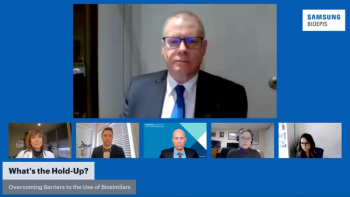
An interactive, moderated discussion among clinicians, health system executives, payers and health policy influencers discussing how to overcome the barriers to broader adoption of biosimilars in the United States.
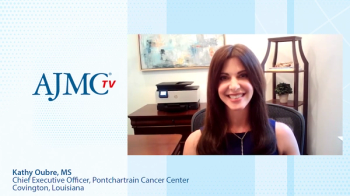
Kathy Oubre, MS, discusses key takeaways from the cancer immunotherapy (CIT) roundtable and changes to her approach to CIT management in the future.

Stuart Genschaw, MBA, discusses how his practice approaches cancer immunotherapy (CIT) management and the potential future pathways of care.


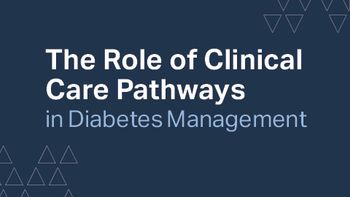
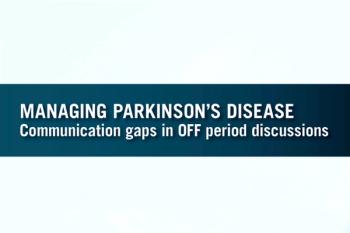
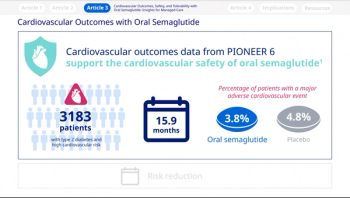
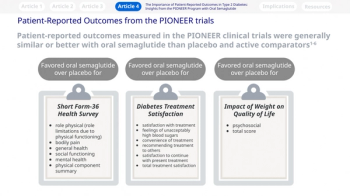
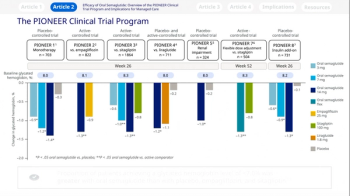
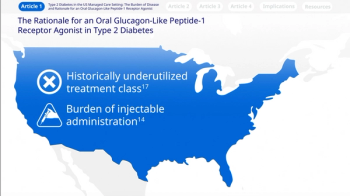

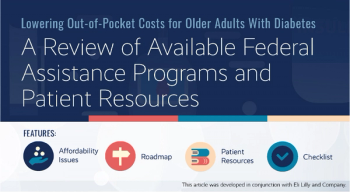

259 Prospect Plains Rd, Bldg H
Cranbury, NJ 08512
© 2025 MJH Life Sciences®
All rights reserved.
